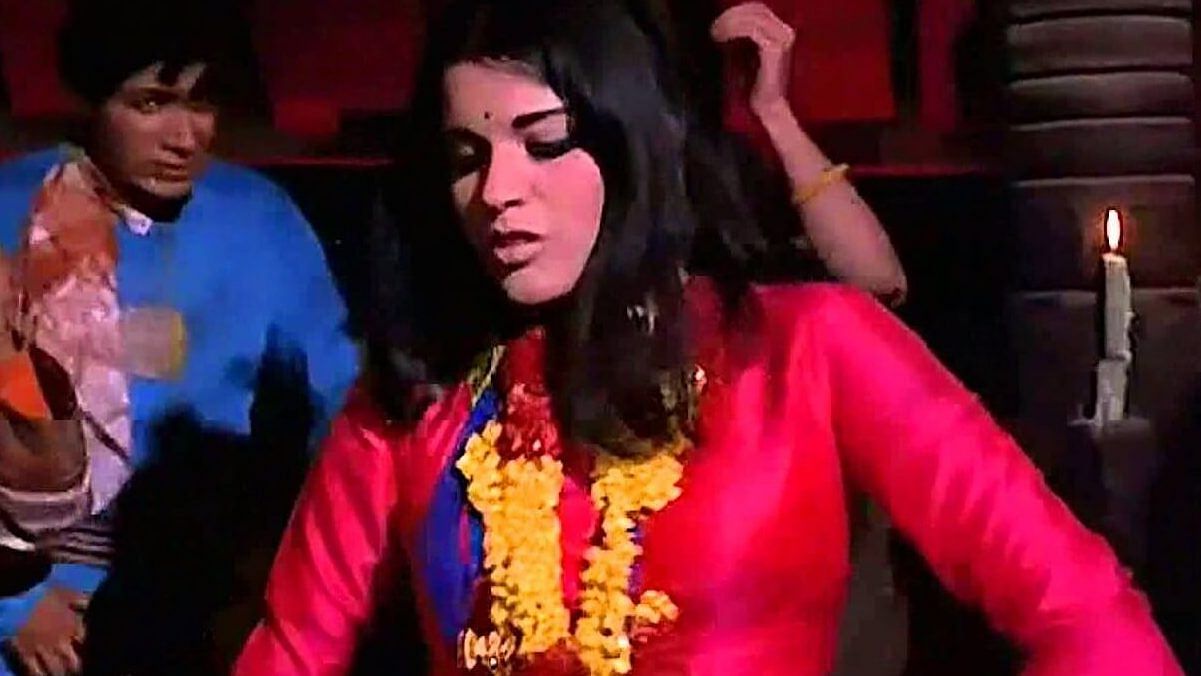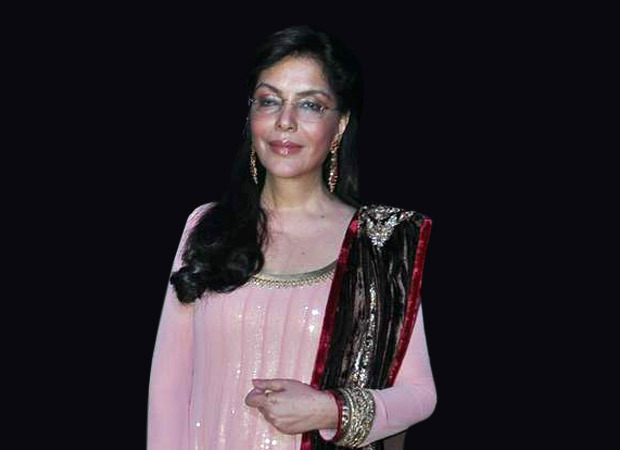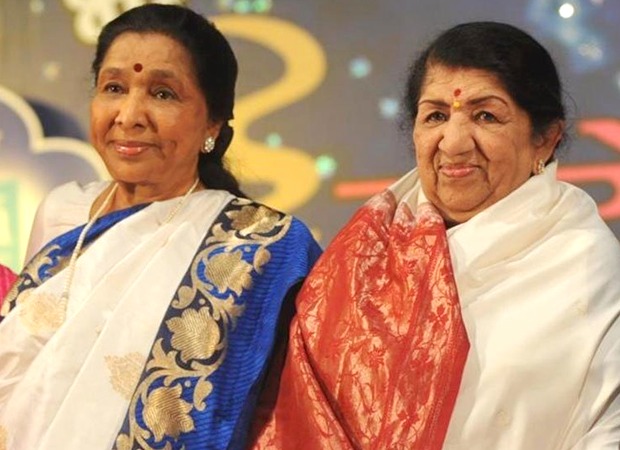
It has also been included in many compilations. This song has been remixed and sampled by a number of artists. Charanjit Singh played the distinctive drone of the transichord that opens the song. Bhupinder played the guitar for the song. It also boosted the composer Rahul Dev Burman 's career. The song presented the lyricist Anand Bakshi as a versatile lyricist and shaped his career. After a few days, Dev Saab decided to picturise this song on Zeenat Aman but kept a small version of this separately in the film. RDB suggested to him that they will keep this song only on the disc. In fact, Dev Anand was scared of this song, he was worried that this song will overshadow his song Ram Ka Naam Badnam Na Karo. The song came out to be marvellous, everybody was convinced that it will become a craze.
Dum maro dum song 1971 full#
So he asked Anand Bakshi to complete the full song on this tune. It was Anand Bakshi who used the old phrase Dum Maro Dum Mit Jaye Gum as Mukhda for this song, R D Burman immediately made a tune which was liked by all his musicians. It had remained at #1 position for 12 weeks.ĭev Anand wanted some peppy music before his song "Ram Ka Naam Badnam Na Karo" R D Burman sat with Anand Bakshi and asked him to give him few words before starting the song Ram Ka Naam Badnam No Karo. On 15 March 1972, Dum Maro Dum became a Sartaj Geet while it was at #1 payddan (position). In Binaca Geetmala, a song could appear for a maximum of 18 weeks, after which it was called a Sartaj Geet. The song topped the Binaca Geetmala annual list 1972.


But at the end, they were both checked off the list and Asha Bhosle ended up singing the song solo. Burman became the new mega-composer of Bollywood.Īctually ‘Dum Maro Dum’ was supposed to be a duet between Usha Uthup (singing for the bad girl) and Lata Mangeshkar (singing for the good girl). Burman was of a different opinion and decide to grab this opportunity. The job of composing music for ‘Hare Rama Hare Krishna’ was first offered to Sachin Dev Burman but he hated hippie culture and turned down the offer. To hear ‘Dum Maro Dum’ blaring over loudspeakers was a part of growing up in the 1970s. Philip Lutgendorf's Indian cinema site, a great source of information, claims that in the '70s, "street urchins in Indian towns were apt to greet young Western travelers with a mocking rendition of the film's hit title song," specifically the opening line, "dum maro dum," which means "take another toke." Apparently Dev Anand was not alone in his scorn for the Western seekers who flooded India in the '60s and '70s.This super hit song was once an anthem of the Indian young generation. Prashant is the serious-looking guy with the giant collar that the camera keeps zooming in on. In this clip, Prashant discovers Jasbir (played by Zeenat Aman) with a group of stoned hippies (played by real-life Western hippies found on location in Kathmandu).

They are all lost under the influence of intoxication and enjoyment." As it turns out, Prashant's sister Jasbir has fallen in with a commune of Western hippies, is taking drugs to numb the pain of their parents' divorce, and has blocked out all memories of her childhood. He laments the international rise of the Hare Krishna movement, and the Western devotees it has attracted, saying, "These people, whose religion is smack, grass, cocaine, LSD - and whose temple is open physical relationship - these people are leading every moment of their lives only for this moment. The film opens with a lengthy rant by the central character, Prashant, played by Dev Anand, who also wrote, produced, and directed the movie.
Dum maro dum song 1971 movie#
This clip, however, from the 1971 movie Hare Rama Hare Krishna, represents a rare note of dissatisfaction and anger. Earlier Bollywood films had certainly dealt with some amount of politics, but in general they had a simple message of uniting different ethnic and religious groups under Indian nationalism, as in the song "Ganga Meri Ma" (which I'll be posting later). In the '70s, Bollywood films began to develop a stronger political consciousness, and take on more pressing conflicts.


 0 kommentar(er)
0 kommentar(er)
